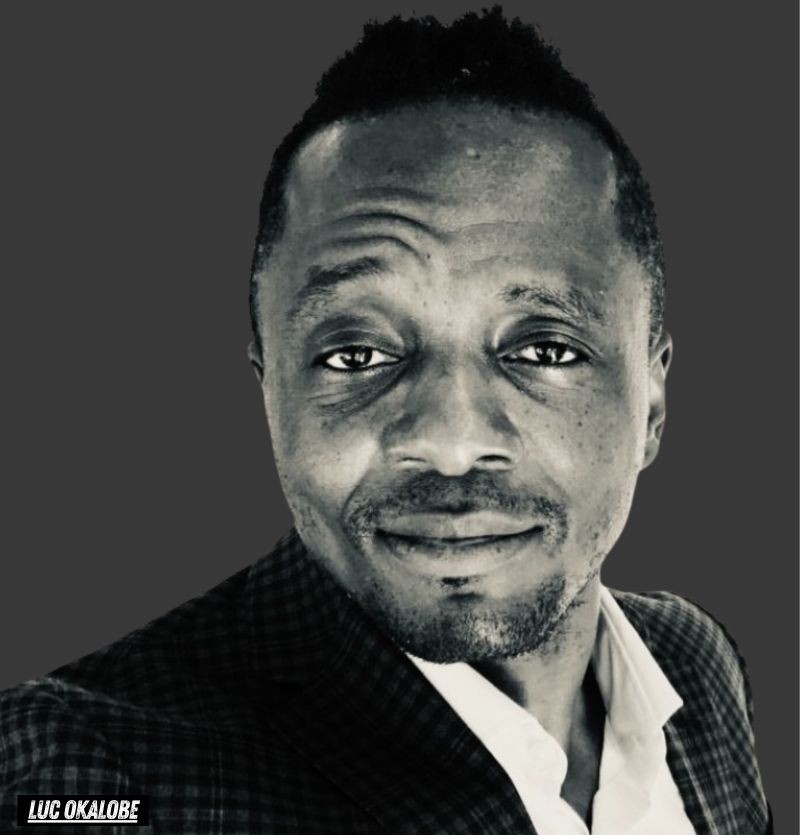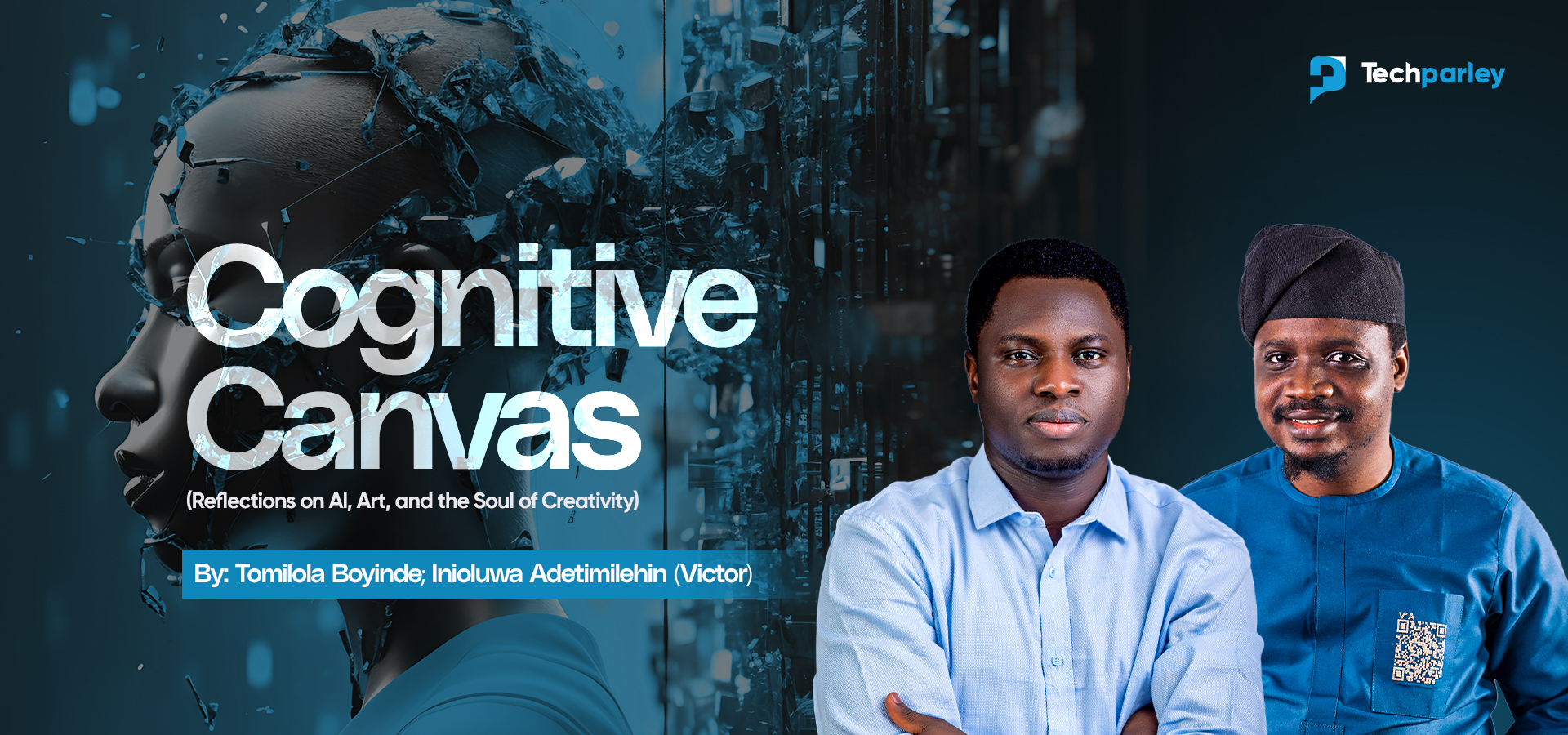A new player is stepping onto Africa’s fast-growing artificial-intelligence stage. Yamify, a developer-first AI platform that promises to let freelancers and web agencies deploy powerful AI tools “in under a minute,” has officially launched with an initial US $100,000 investment from Felix Anane, an early backer of payments giant Paystack.
Underscoring the company’s ambition to make cutting-edge AI infrastructure as easy to use as launching a website, the founder, Luc Okalobe said:
“Africa should not wait to be included in the AI wave, we should build it.”
What Yamify Is and How It Works
Billed as the “Heroku for AI tools in Africa,” Yamify offers a cloud platform where developers can spin up GPU-powered (graphics-processing-unit) AI stacks from local African data centers in under sixty seconds.
This eliminates the need for expensive hardware or reliance on overseas servers. The company’s upcoming Model Context Protocol (MCP) will further compress the timeline from idea to functional AI prototype, inspired by rapid-build platforms such as Lovable.
By focusing on speed and local hosting, Yamify aims to lower costs and latency while keeping data sovereignty within the continent.
Who Yamify Aims to Serve
Yamify targets freelancers and small web agencies that want to integrate AI into client projects without complex infrastructure. These independent developers often face prohibitive costs and technical barriers when adopting AI tools.
“We’re removing the friction so a two-person studio in Lagos can prototype an AI-powered chatbot just as quickly as a Silicon Valley startup,” Okalobé explained.
The People and the Money Behind Yamify
Founder Luc Okalobé is steering the company from a base that spans San Francisco, Lagos, Johannesburg, Kinshasa, and Brazzaville, reflecting its cross-continental ambition.
Early investor Felix Anane, known for spotting high-growth African tech ventures such as Paystack, provided the initial US $100,000.
Yamify has now opened a seed round to raise an additional US $500,000 to scale operations and expand engineering teams that will embed directly within client organizations to accelerate AI adoption.
Yamify’s Progress So Far
The startup entered private beta in July 2025 and has already gained traction with fintechs and web agencies across five cities, including Lagos and Johannesburg.
According to company figures, over 300 users are on its waitlist, a notable milestone for a platform still pre-launch. Early testers report significant time savings compared to traditional AI deployment methods, though detailed performance metrics have yet to be published.
The Big Picture: Plans for the Future
Beyond the MCP rollout, Yamify plans to deploy forward engineers directly into customer organizations, ensuring that AI projects move from pilot to production smoothly.
The company is also exploring partnerships with regional data-center providers to keep infrastructure costs competitive and strengthen Africa’s AI ecosystem. Okalobé envisions a network of developer communities building and sharing AI solutions tailored to local markets.
Why This Matters: Catalyst for an Inclusive AI Future
Africa’s AI market is projected to exceed US $6 billion by 2030, according to industry estimates, yet many developers still rely heavily on U.S. or European infrastructure. This dependence drives up costs, creates longer response times, and raises concerns over data privacy and sovereignty.
Yamify’s locally hosted, developer-friendly platform addresses those pain points by keeping computation and data inside African borders, reducing latency by as much as 40% compared to offshore hosting, according to early internal tests.
Moreover, the continent faces a significant talent and infrastructure gap: a recent UNESCO report found that fewer than 15% of African tech firms currently integrate AI into their operations.
By providing an easy, affordable way to build AI products, experts believe that Yamify could empower thousands of small agencies and freelance developers to compete globally, stimulating job creation and encouraging more investment in regional data centers.
“Africa’s digital economy is growing at nearly double the global average,” said Okalobé. “If we want to keep that momentum, we need AI infrastructure built by and for Africans.”
With its community-driven approach and focus on speed, Yamify positions itself not just as a service provider but as a catalyst for an inclusive AI future, one in which African innovators set the pace rather than follow it.





